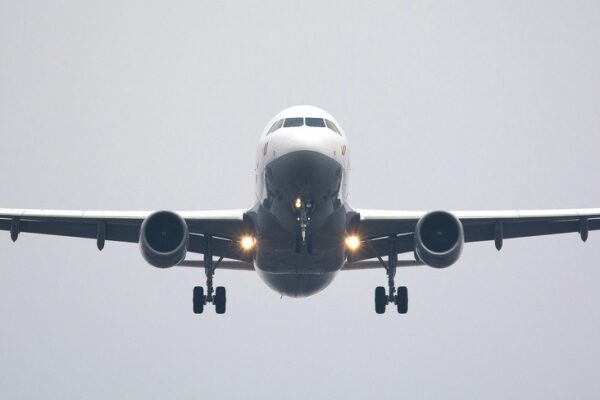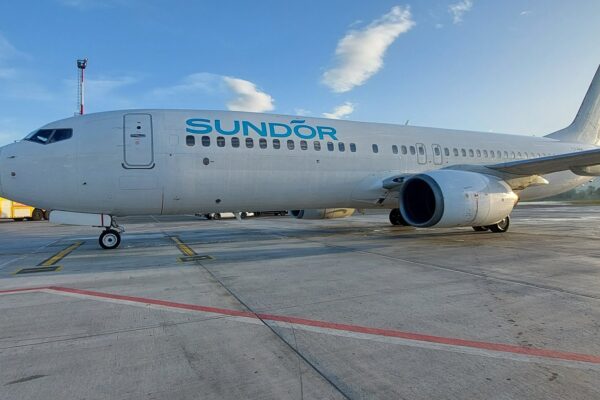When British Airways cancels all of its flights, it is typically due to a combination of **operational issues**, **severe weather conditions**, **technical problems**, or **staffing shortages**. In some cases, external factors such as **global crises**, **economic disruptions**, or **political events** can also force the airline to suspend its services temporarily. British Airways, like other airlines, relies on a complex web of logistics, schedules, and staff coordination to operate smoothly, and any disruption in these areas can lead to widespread cancellations.
A major reason behind widespread flight cancellations can be **operational disruptions**, which could include anything from maintenance problems with aircraft to **air traffic control issues**. For instance, if there is a technical fault or an ongoing maintenance issue with a fleet of planes, the airline may choose to cancel flights to ensure passenger safety and regulatory compliance. Similarly, if the airline faces a **severe shortage of staff**, such as pilots, flight attendants, or ground crew, flights might be grounded to prevent overworking employees or running operations under subpar conditions. This can happen when there are unforeseen **staff illnesses**, **resignations**, or when **unions** are involved in disputes over working conditions. The COVID-19 pandemic, for example, significantly disrupted the airline industry, and many carriers, including British Airways, had to scale back operations due to **health regulations**, **travel restrictions**, and the inability to maintain normal staff levels.
Another factor that could lead to mass flight cancellations is **weather-related disruptions**, particularly in the winter months when adverse conditions like **snow**, **ice**, or **storms** can affect airports and airspace. If airports in key hubs experience severe weather, it can lead to delays and cancellations not just for British Airways but for all airlines flying in and out of the affected areas. This has a ripple effect on the entire schedule, often leading to the cancellation of multiple flights to and from certain destinations. Additionally, certain natural disasters, such as **volcanic eruptions** or **hurricanes**, can cause airline schedules to be entirely suspended for a time, as airports may become physically damaged or unsafe for flight operations.
Occasionally, **government regulations** or **legal strikes** can also cause airlines, including British Airways, to cancel flights. For example, during large-scale strikes by workers or unions—such as airport ground staff, cabin crew, or pilots—British Airways may have no choice but to halt its operations to comply with labor laws or strike action. In these instances, the airline might cancel flights to avoid delays or operational confusion, even though such cancellations typically result in large-scale inconvenience for passengers.
Another example of a mass flight cancellation situation involves **technical problems**, like system failures that affect **booking systems**, **check-in counters**, or **baggage handling**. If the airline’s systems are compromised, it may cause significant delays and cancellations as the airline struggles to manually resolve operational issues or restart systems.
In certain situations, **economic reasons**—such as **financial difficulties**, **fuel price hikes**, or **management decisions**—can cause airlines to scale back operations. While this would generally be a more gradual process, if an airline is struggling financially or undergoing restructuring, it may decide to cancel flights to streamline its operations and focus on more profitable routes.
In conclusion, British Airways might cancel all of its flights due to a variety of reasons including **staff shortages**, **weather disruptions**, **technical failures**, **union strikes**, or **unforeseen global events** such as pandemics or political instability. While the airline strives to minimize cancellations, these factors can cause widespread disruptions in its flight schedules. Passengers affected by such cancellations are typically entitled to **refunds**, **rebookings**, or **compensation**, depending on the cause of the disruption. If you’re ever in this situation, it’s always best to stay informed by checking the airline’s website or contacting customer service for updates and support.





Leave a Reply
You must be logged in to post a comment.